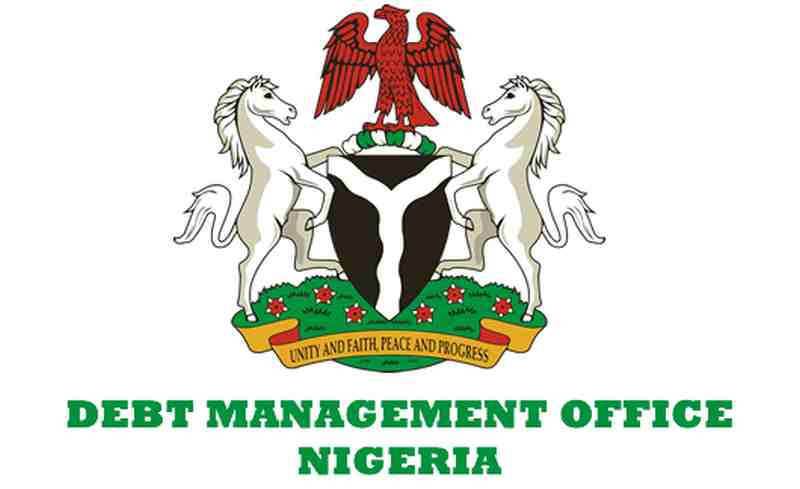The Debt Management Office (DMO) has said the inability to generate more revenue is responsible for Nigeria’s high Debt Service-to-Revenue Ratio just as the federal government is diversifying its revenue sources.
DMO stated this in a statement yesterday in response to a report by the Lagos Chamber of Commerce and Industry (LCCI) stating that Nigeria’s current Debt-to-GDP threshold is an unreliable means of calibrating Nigeria’s current debt burden.
- N182bn police budget increase for new salary – Reps
- Man arrested for touching neighbour’s wife’s breasts
Experts have warned the federal government that it may resort to borrowing to service its debt due to low revenue amid continuous borrowing. But the government has announced plans for more borrowing in defiance of the advice.
Responding, DMO said: “The government is largely dependent on the sale of crude oil, as a major revenue source. If Nigeria, with a Revenue-to-GDP Ratio of 9%, generated revenues close to countries such as Kenya, Ghana, and Angola with Revenue-to GDP Ratios of 16.6%, 12.5%, and 20.9% respectively, then, its Debt Service-to Revenue would be lower.”
It also said the countries referred to have higher Public Debt-to-GDP ratios (Kenya: 67.6%, Ghana: 78.9%, and Angola: 136.5%) compared to Nigeria (22.80%) yet record relatively lower Debt Service to Revenue ratios due to their higher Revenue-to-GDP ratios.
“Infrastructure development, job creation, and economic growth, in the face of relatively low revenues, require the government to borrow, at least in the short term,” said the agency.
It added that due to the low revenue base, the government is already diversifying revenue generation sources.
DMO also said to cut direct borrowing, the government has engaged the private sector for infrastructure development through initiatives like the Infrastructure for Tax Credit Scheme, the new Infrastructure Corporation of Nigeria Limited, and other Public-Private Partnership (PPP) arrangements.

 Join Daily Trust WhatsApp Community For Quick Access To News and Happenings Around You.
Join Daily Trust WhatsApp Community For Quick Access To News and Happenings Around You.


